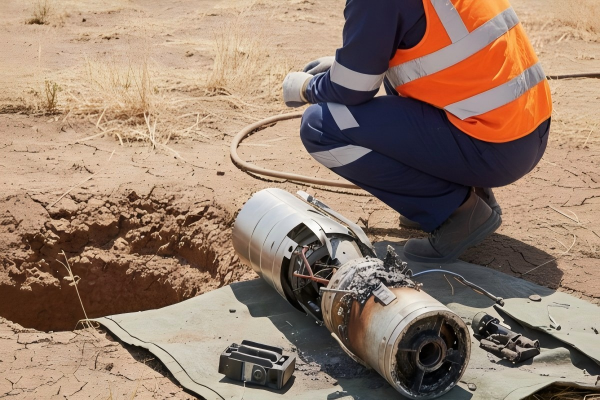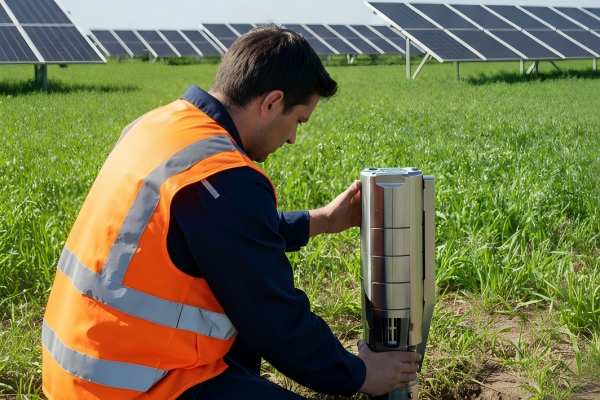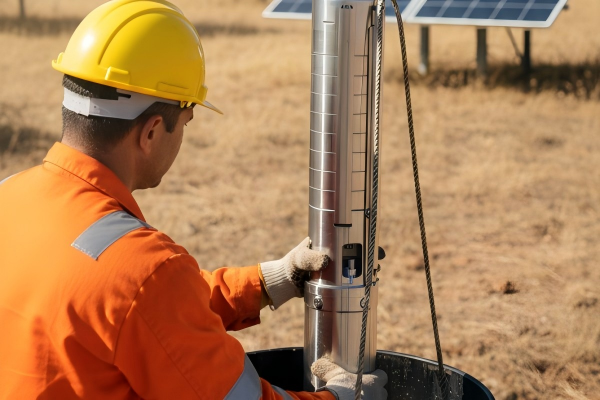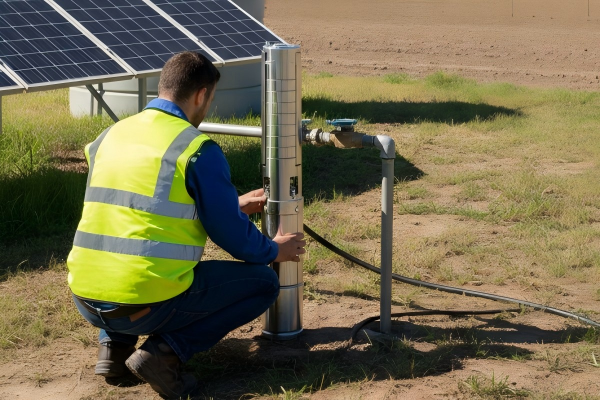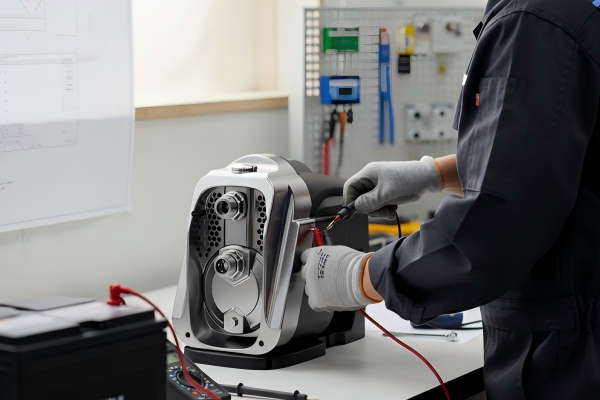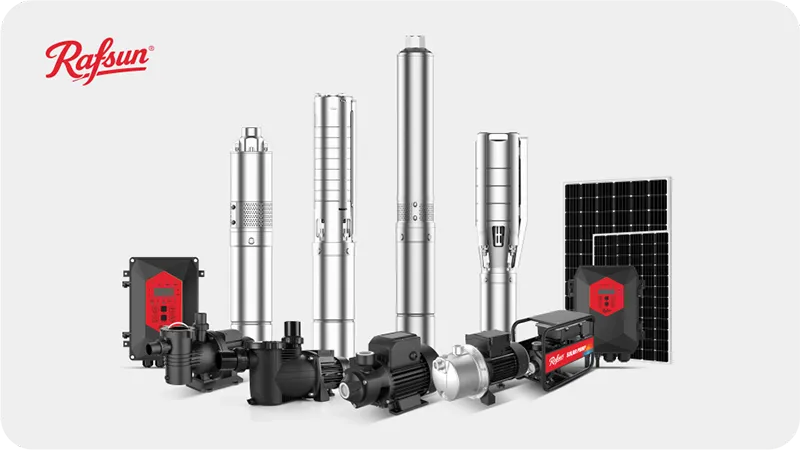Are you tired of high energy bills for your water pump? The costs seem to climb every year, making it harder to manage. Solar pumps offer a modern, cost-effective solution.
The total cost of a solar well pump system can range from $500 to over $5,000. This price depends on the pump's power, the well's depth, your daily water needs, and the number of solar panels required. It is a complete one-time investment for long-term use.

The initial purchase price is just the beginning of the story. I've been an engineer in this industry for over ten years, and I've learned that the true cost of any system includes installation, maintenance, and long-term running expenses. To really understand the value of a solar well pump, you have to look at the complete picture. Let's break down these costs so you can see why this investment makes sense.
How much does it cost to install a solar well pump?
Worried that installation will be complicated and expensive? Many people fear hidden fees or the need for specialists. The truth is, modern solar pump systems are designed for straightforward installation.
Installation costs vary greatly. A simple, do-it-yourself installation might only cost you your time. However, professional installation can add between 20% to 50% to the system's price, depending on the job's complexity, your location, and local labor rates.
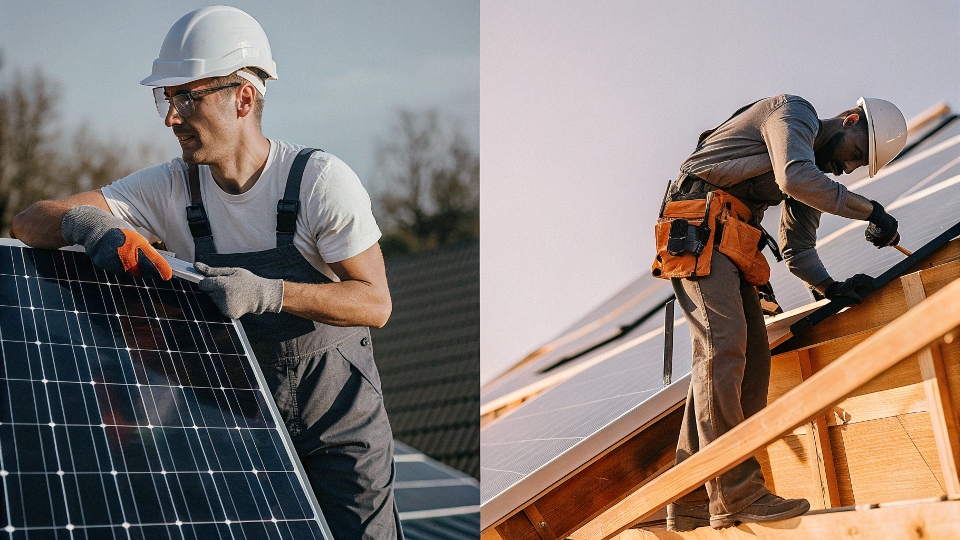
When I talk with fellow engineers like Jacky in Thailand, we often discuss how to optimize designs for production. At my company, Rafsun, we also think about optimizing for installation. The final cost depends on a few key factors. You can choose to install the system yourself if you have the technical skills, which saves a lot of money. Or, you can hire a professional to ensure everything is done perfectly. The biggest variable is labor, but other parts contribute to the cost too. For example, you will need mounting hardware for the solar panels and the right wiring and plumbing. A remote or difficult-to-access site might also increase labor costs. We design our pumps to be as simple as possible to install, which helps keep these costs down for everyone.
Key Installation Cost Factors
| Factor | Description | Cost Impact |
|---|---|---|
| Labor | The cost of hiring a professional installer. | High |
| Mounting Hardware | Racks and frames for the solar panels. | Medium |
| Wiring & Plumbing | Cables, pipes, and fittings to connect the system. | Medium |
| Site Location | Remote or difficult sites may require more time and travel. | Low to Medium |
How to maintain solar water pumps during daily use?
Do you think new technology requires complicated upkeep? People often worry that a modern pump will break down easily. In my experience, solar water pumps are actually incredibly low-maintenance.
Daily maintenance for a solar pump is nearly zero. The most important task is cleaning the solar panels every few months to ensure they get full sunlight. An annual check of the wiring and pump inlet is also a good idea. The pump motor itself requires almost no attention.
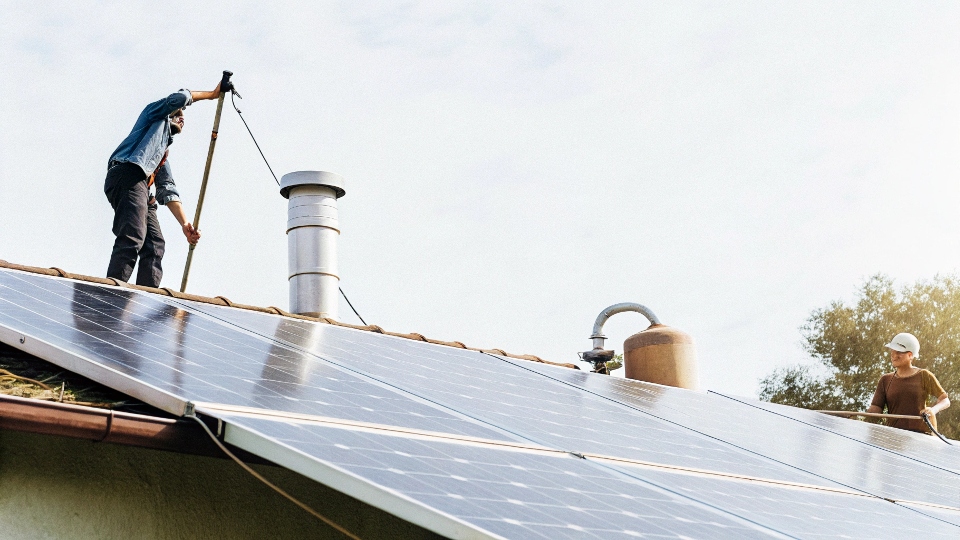
As an engineer, I appreciate simple, effective design. That’s what we build at Rafsun. Our pumps use permanent magnet synchronous motors. Unlike older asynchronous motors, ours are brushless. This is a huge advantage because there are no brushes to wear out and replace. The motor is sealed and built to last for years without any service. This design significantly reduces maintenance compared to a traditional diesel pump, which needs constant oil changes, fuel filter replacements, and other mechanical work. A solar pump lets you focus on using the water, not on fixing the machine that pumps it. A simple annual check-up is usually all it takes to keep the system running perfectly.
Simple Maintenance Schedule
| Component | Task | Frequency |
|---|---|---|
| Solar Panels | Clean surface with water | Every 3-6 months |
| Wiring | Visually inspect connections | Annually |
| Pump Inlet | Check for dirt or debris | Annually |
| Water Flow | Observe output to ensure consistency | Monthly |
What are the advantages of solar power supply compared with diesel power generation and city electricity?
Are you dependent on an unstable power grid or expensive diesel fuel? Power cuts and rising fuel prices can stop your water supply without warning. Solar power offers consistent, free energy.
Solar power provides huge long-term savings by eliminating fuel and electricity costs. It is far more reliable in areas with a weak grid and is cleaner for the environment. After the initial setup, your energy source is free, silent, and completely independent.
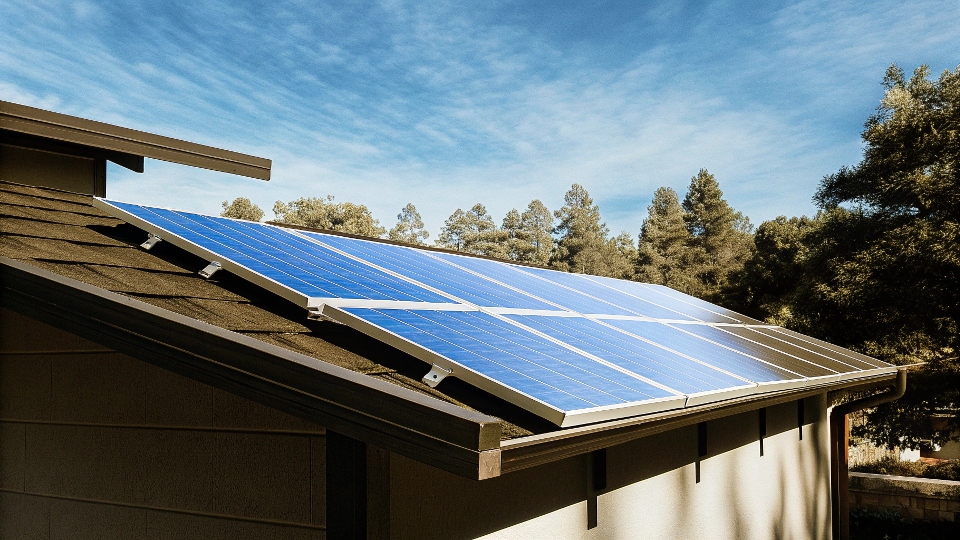
The core advantage of a solar pump comes from its power source. Our systems at Rafsun come with an inverter that uses VFD, or Variable Frequency Drive technology. This allows the pump to adjust its speed based on the amount of sunlight available. It runs faster in bright sun and slower in cloudy conditions, always making the most of the available energy. A diesel generator, on the other hand, runs at a constant, noisy speed and burns fuel whether you need full power or not. The permanent magnet motors we use are also about 30% more efficient than old asynchronous motors, which saves even more energy. This combination of smart technology and efficient hardware makes solar the clear winner for long-term, reliable water access.
Power Source Comparison
| Feature | Solar Pump System | Diesel Generator | Grid Electricity |
|---|---|---|---|
| Running Cost | Nearly Zero (Free Sunlight) | High (Fuel and Parts) | Moderate to High |
| Reliability | Very High (Works Off-Grid) | Moderate (Needs Refueling) | Low (Subject to Outages) |
| Maintenance | Very Low | High | None |
| Environmental | Clean and Silent | Polluting and Noisy | Depends on Source |
How long does it take to pay back the cost of a solar water pump?
Is the high initial price of a solar pump holding you back? It's natural to wonder if you can justify such a large investment. The good news is the payback period is often surprisingly short.
The payback period depends on your local energy costs and water needs. For users replacing expensive diesel generators, a solar water pump system can often pay for itself in less than three years through savings on fuel and maintenance alone.
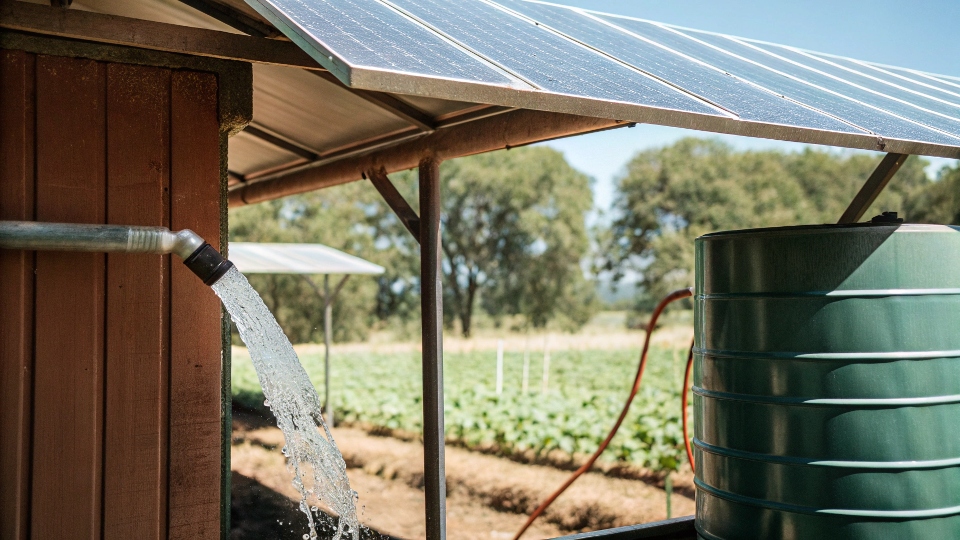
Calculating the return on investment, or ROI, is a key part of any engineering project. I often discuss this with customers. The payback period for a solar pump is simple to figure out. You just compare your current annual spending on electricity or diesel with the one-time cost of the solar system. For example, if you spend $800 a year on diesel and maintenance for your current pump, a $2,000 solar system would pay for itself in just 2.5 years. After that, the water you pump is nearly free. From my experience, I can tell you that one of our 2.2kW solar pump systems typically pays for itself in under three years in most agricultural settings. The higher your current energy costs, the faster your new solar pump will pay you back.
Factors That Speed Up Payback
- High Local Energy Costs: The more you pay for diesel or electricity, the faster you save money.
- Consistent Sunlight: Areas with good sun exposure get more value from their panels daily.
- Government Incentives: Many regions offer subsidies or tax credits for renewable energy, lowering the initial cost.
Conclusion
A solar well pump is a smart investment in your future. It eliminates running costs, delivers reliable water, and pays for itself quickly, making it a superior long-term solution.


